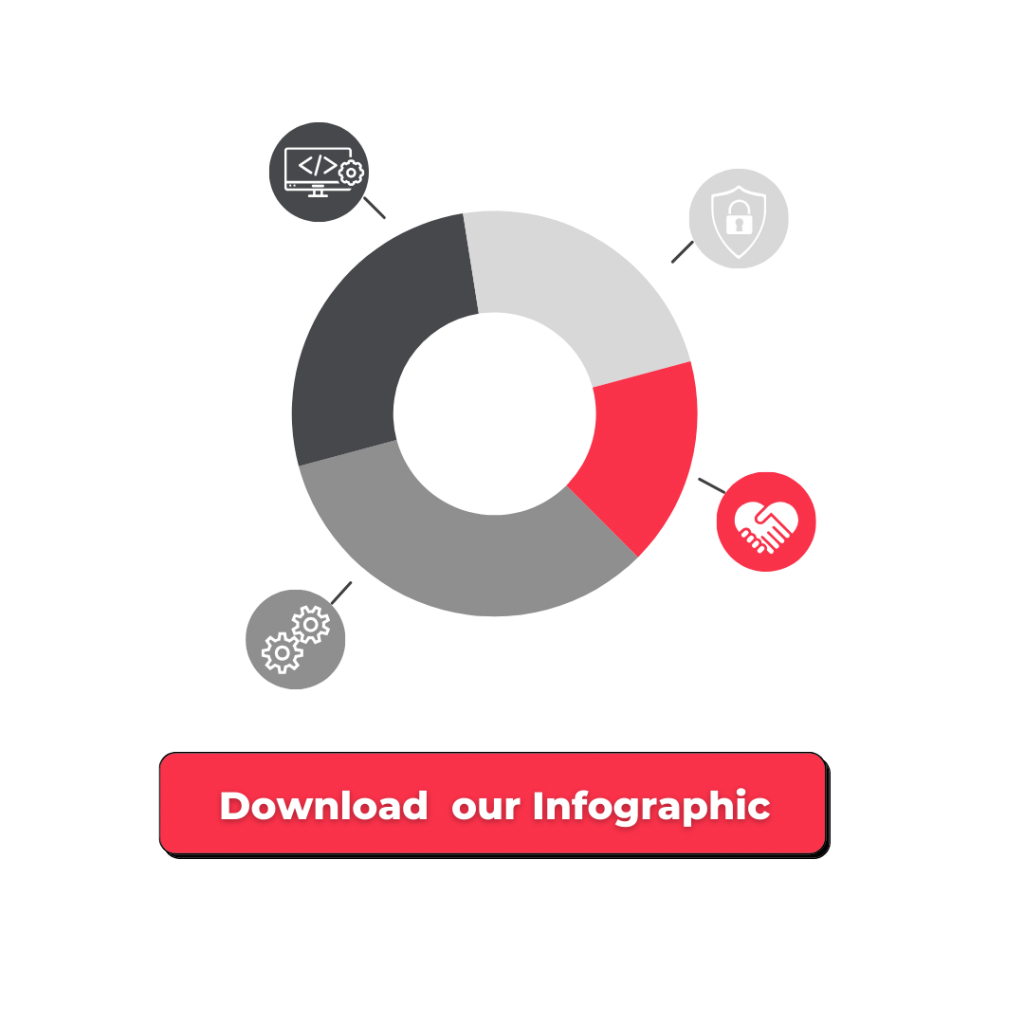As the technological landscape undergoes a significant transformation with the widespread adoption of DevSecOps, the recruitment process within IT must adapt to this paradigm shift. The traditional approach no longer suffices; instead, recruiters and hiring managers must align their strategies with the evolving demands of DevSecOps. Here’s a closer look at the key considerations in recruiting during the DevSecOps era.
Need advice on how to start or develop your freelance consulting business in tech or IT? Need to start a new permanent or freelance assignment? Join Mindquest and get support from our team of experts.

Holistic Understanding of DevSecOps
Firstly, in the DevSecOps era, recruiters are on the lookout for candidates who possess a holistic understanding of the methodology. It’s not merely about having experience with isolated tools or processes; rather, recruiters seek professionals who comprehend how DevSecOps integrates into the entire software development lifecycle.
Also read The rise in demand for DevSecOps skills: How to navigate the changing IT recruiting landscape.
Practical Application of Security Practices
Then, beyond theoretical knowledge, recruiters are placing a premium on candidates who can practically apply security practices.
They showcase a hands-on understanding of DevSecOps principles by seamlessly weaving security into their workflows. Moreover, real-world application trumps theoretical knowledge in the recruitment process.
Collaborative and Cross-Functional Skills
DevSecOps thrives on collaboration, breaking down silos between development, security, and operations teams. Therefore, recruiters now prioritize candidates who exhibit strong cross-functional collaboration skills. The ability to work seamlessly across departments fosters an environment where security is everyone’s responsibility.
Also read our article about Top DevSecOps Certifications to Elevate Your Career
Adaptability and Continuous Learning
Given the dynamic nature of technology, adaptability is a key trait recruiters are seeking. Therefore, candidates who show a commitment to continuous learning and staying abreast of evolving security threats and DevSecOps best practices are highly valued. This ensures that the recruited talent can keep pace with the ever-changing landscape.
Problem-Solving and Incident Response Aptitude
DevSecOps professionals are not just tasked with prevention; they must also excel in problem-solving and incident response. Recruiters assess candidates based on their ability to troubleshoot security issues, respond promptly to incidents, and implement effective remediation strategies.
Also read our article about Top DevSecOps Certifications to Elevate Your Career
Cultural Fit and Mindset Alignment
Beyond technical skills, recruiters are attuned to cultural fit and mindset alignment. DevSecOps is not just a methodology; it’s a cultural shift towards proactive security. Candidates who embody this mindset, emphasizing security at every stage, align well with the ethos of organizations adopting DevSecOps practices.
Communication Skills
Effective communication is vital in a DevSecOps environment. Recruiters look for candidates who can articulate complex security concepts to non-technical stakeholders. The ability to bridge the communication gap between security professionals, developers, and business leaders is a valuable skill set.
Also read What is DevSecOps? Software Development Security
Conclusion
In essence, recruiting in the DevSecOps era is about identifying candidates who not only possess technical expertise but also embody the collaborative, security-first mindset inherent to the methodology. Recruiters play a pivotal role in ensuring that the talent they bring on board can contribute effectively to the successful implementation of DevSecOps practices within the organization.
Dive into our latest infographic for an illuminating visual journey through the key statistics and benefits of adopting DevSecOps practices.






